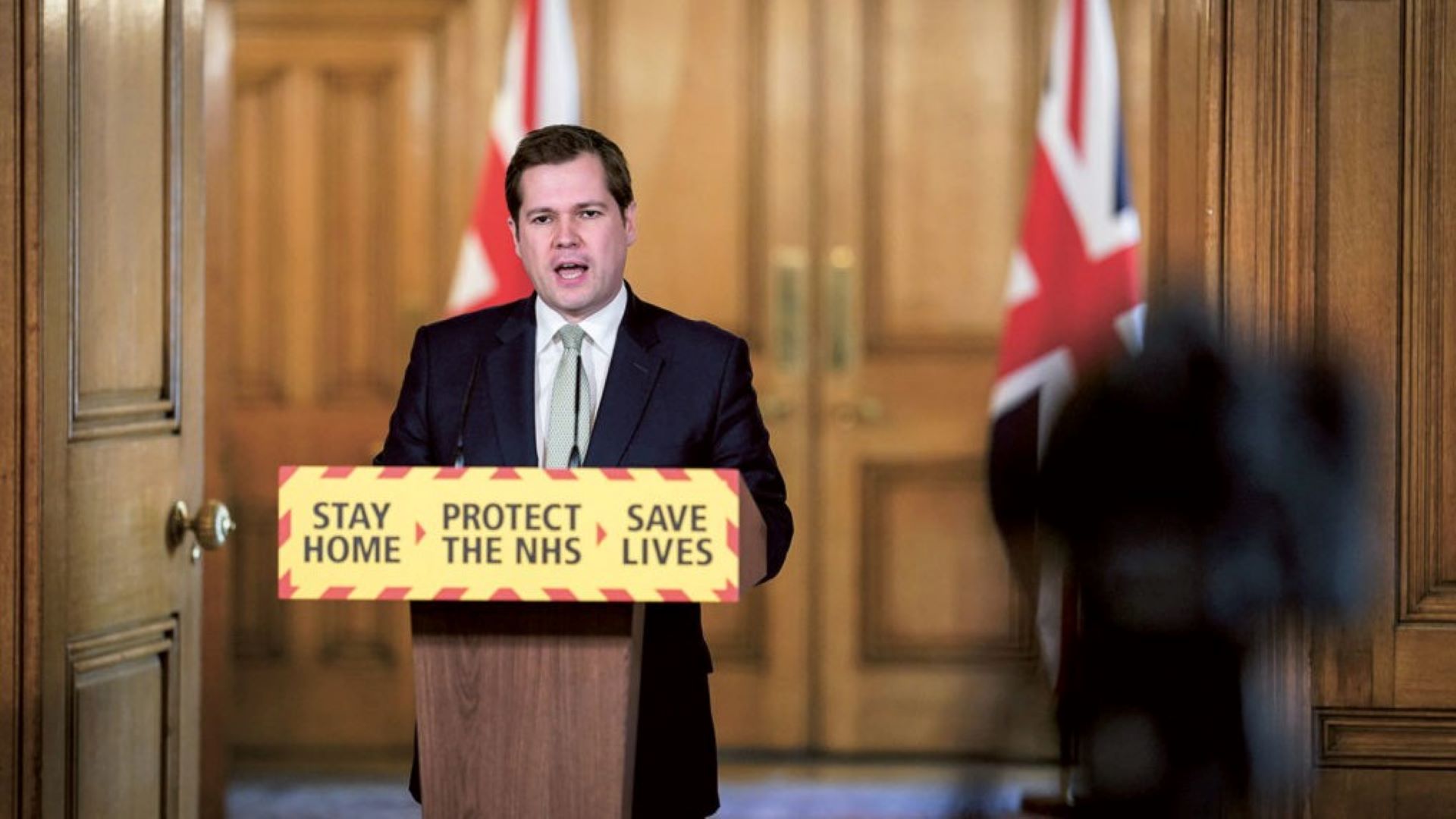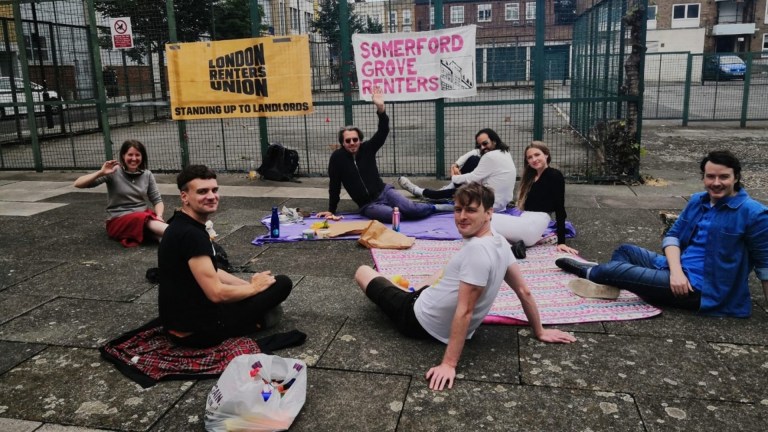Nearly £7.5bn will be delivered outside London by Homes England while the Greater London Authority has been offered £4bn.
The new programme will also deliver an unspecified amount of social rent homes across the country – this category of home, typically 50 to 60 per cent of market prices, has been decimated by successive governments and is in high demand to end the housing crisis in England and the rest of the UK.
“Today’s announcement represents the highest single funding commitment to affordable housing in a decade and is part of our comprehensive plans to build back better,” said Jenrick.
“This Government is helping hard-working families and prospective first-time buyers get their feet on the housing ladder in an affordable way.
“Thanks to the range of flexible ownership options being made available, more families across the country will be able to realise their dreams of owning their own home, with half of these homes being made available for ownership.”
Jenrick is also announcing a new model for Shared Ownership and launching a consultation on accessibility.
Advertising helps fund Big Issue’s mission to end poverty
The new Shared Ownership model announced today will reduce the minimum initial share a property that can be bought from 25 per cent to 10 per cent, allow people to buy additional shares in one per cent instalments with heavily reduced fees as well as requiring landlords to cover maintenance and repairs over a 10-year period.
A Right to Shared Ownership will be available on the vast majority of rented homes delivered through the new programme, providing tenants with a pathway into ownership by giving them the right to purchase a stake in their home.
In response to Jenrick’s announcement, RIBA president Alan Jones called on the government to put local authorities in charge of dealing with their council house deficit.
He said: “While the acceleration of England’s Affordable Homes Programme is welcome, today’s ‘boost’ does not do enough to help the 1.15 million households on social housing waiting lists.
“If the government is serious about fulfilling its ‘levelling up’ agenda, it must tackle the severe shortage of council houses, by giving local authorities the power and resources they need to take the lead.
“Alongside welcome plans to raise accessibility standards, the government must also look at how all new homes can meet the highest standards of design and sustainability.”
Advertising helps fund Big Issue’s mission to end poverty
Last week, the chief executive of housing charity and Ride Out Recession Alliance (RORA) member Shelter warned the government that “the chronic shortage of decent, genuinely affordable homes in this country is one that must be fixed”.
It should spend the cash its set aside for housing that much faster and start building social homes now
Polly Neate’s words accompanied new research that found that more than 380,000 homes granted planning permission between 2011 and 2019 remain unbuilt – accounting for 40 per cent of all homes with planning consent in England – new research from Shelter shows.
The government have streamlined planning laws in recent weeks, but Shelter say that the reforms will not boost housebuilding by themselves and are calling for accelerated funding into social housing in the upcoming Comprehensive Spending Review.
The charity has been a key supporter of The Big Issue’s RORA campaign since its inception as we look to prevent homelessness and protect jobs from the financial fallout of the Covid-19 pandemic.
Polly Neate, chief executive of Shelter, said: “The chronic shortage of decent, genuinely affordable homes in this country is one that must be fixed. But the government’s planning reforms fundamentally misdiagnose the problem.
“The idea that the planning system is stopping homes being built is a myth. Across the country hundreds of thousands of “phantom homes” sit on sites with planning permission fully approved. Rubber stamps are no replacement for direct investment in high-quality housing.
Advertising helps fund Big Issue’s mission to end poverty
“The government must roll up its sleeves and build the homes local communities really need, now more than ever in the face of a Covid-recession. It should spend the cash its set aside for housing that much faster and start building social homes now. The only way we are going to start building what we need is through pounds not planning.”










